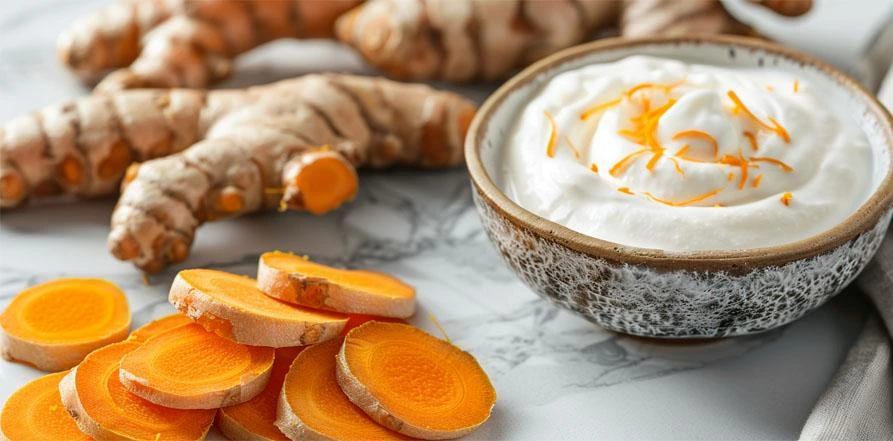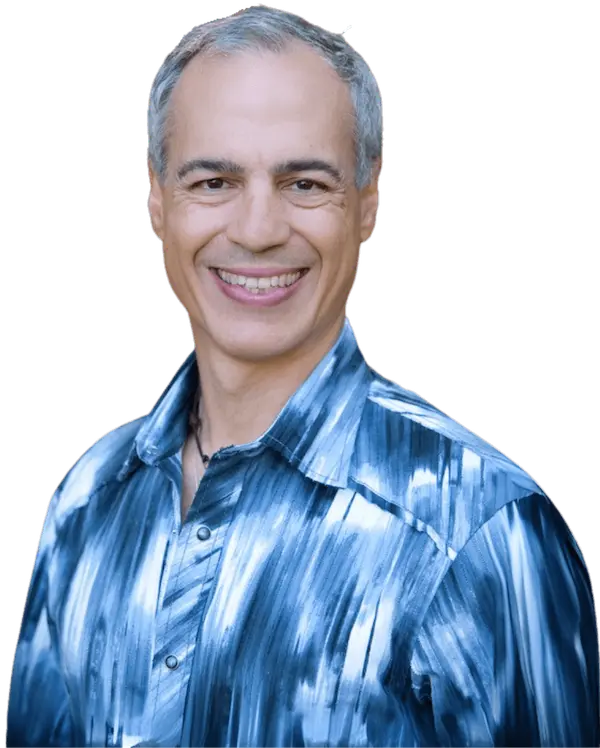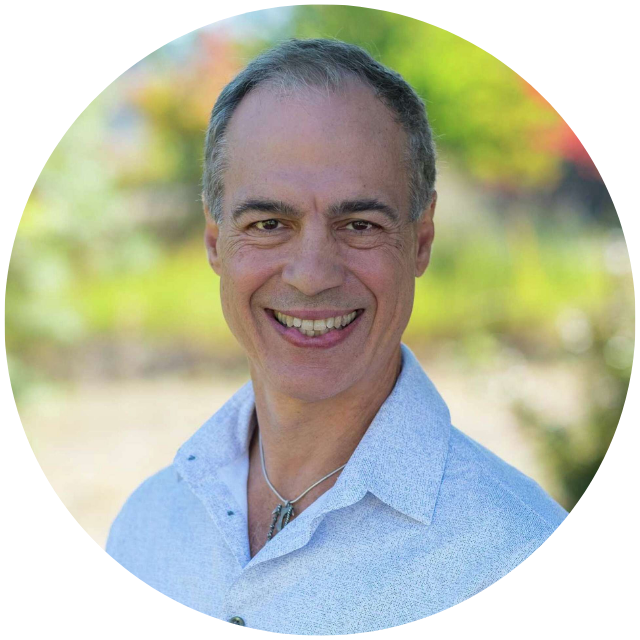
The Symbiotic Symphony: How Medicinal Plants Orchestrate Harmony with Our Gut Microbiome
“The Only Thing That Is Constant Is Change” -Heraclitus Introduction Have you ever wondered why some herbal remedies seem to work so well? The answer might surprise you—it’s not just the plant itself, but a remarkable partnership between the plant compounds and the trillions of microorganisms living in your gut





